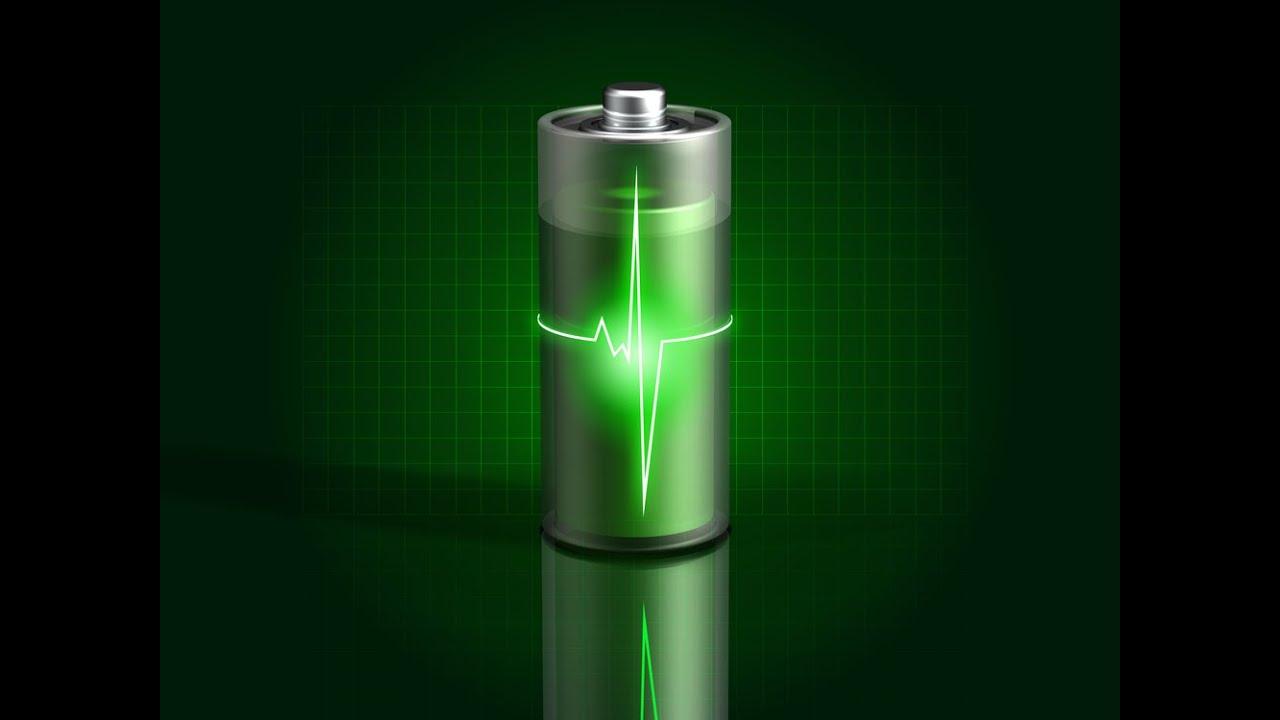Transformative Battery Alloys: Unlocking Efficiency and Performance in Energy Storage

Battery alloys have become a cornerstone of the rapidly evolving energy storage industry, driven by the surging demand for efficient, durable, and high-performance rechargeable batteries. These specialized metal combinations, typically involving lithium, nickel, cobalt, manganese, aluminum, and other elements, are meticulously engineered to enhance battery capacity, lifespan, and safety. With the global push toward electric vehicles (EVs), portable electronics, and grid storage, understanding battery alloys is crucial for industry stakeholders, researchers, and users aiming to navigate the future of energy technology.
Comprehensive Overview of Key Materials Used in Modern Battery Alloys
The composition of battery alloys primarily determines the electrochemical characteristics of rechargeable batteries. Lithium-ion batteries, the dominant technology in personal electronics and EVs, rely heavily on cathode and anode materials crafted from complex metal alloys. Nickel-cobalt-manganese (NCM) and nickel-cobalt-aluminum (NCA) are two widely utilized cathode material variants. Each alloy’s ratio affects energy density, thermal stability, and cost. Nickel-rich alloys improve energy capacity but can reduce safety and cycle life, whereas cobalt enhances stability and longevity but comes with higher costs and ethical sourcing challenges.
On the anode side, alloys incorporating silicon, tin, and graphite aim to address capacity limitations inherent in traditional lithium-ion batteries. Silicon-based alloys offer a much higher theoretical capacity compared to graphite but face challenges related to volume expansion during charge-discharge cycles. Research continues to optimize these alloys for commercial viability, balancing conductivity, durability, and scalability.
How Battery Alloy Innovations Influence the Performance and Longevity of Energy Storage Devices
Innovations in alloy development significantly affect battery performance metrics such as charge capacity, charging speed, cycle life, and operational safety. Advanced battery alloys provide more efficient lithium ion intercalation, reducing degradation rates and internal resistance. These improvements translate into quicker charging times and extended battery lifespans, essential for electric vehicle manufacturers and consumer electronics brands looking to differentiate their products.
Improved thermal stability in battery alloys mitigates risks associated with overheating and potential battery fires—a critical consideration for large-scale EV battery packs. Alloy compositions that stabilize cathode structures and prevent oxygen release contribute to safer battery operation. The continued refinement of these alloys supports the deployment of batteries in increasingly demanding and variable environmental conditions, including extreme temperatures.
Navigating the Industry: Accessing In-Depth Market Research Reports on Battery Alloy Technologies
For professionals seeking detailed market intelligence, comprehensive research reports on battery alloys provide valuable insights into current trends, competitive landscapes, raw material supply chains, and future growth opportunities. These reports typically cover the global uptake of battery alloy technologies across sectors such as automotive, consumer electronics, and renewable energy storage.
Strategic analysis examines end-user demand, regional adoption patterns, regulatory frameworks, and innovation pipelines, offering data-driven guidance for manufacturers, investors, and policymakers. Navigational tools embedded in these market research resources enable stakeholders to identify key players, track proprietary alloy developments, and forecast market dynamics based on technological advancements and geopolitical factors.
Future Outlook: Key Trends and Innovations Shaping Battery Alloy Development
The future of battery alloys is shaped by ongoing research into higher nickel content cathodes, solid-state electrolyte compatibility, and silicon composite anodes that promise substantial leaps in energy density and cycle life. Innovations leveraging nanotechnology and additive manufacturing are enabling the design of customized microstructures in alloys, enhancing durability and charge efficiency.
Additionally, the rising emphasis on sustainability fosters the development of cobalt-free or cobalt-reduced battery alloys, aligning with global efforts to minimize environmental impact and ethical concerns in battery material sourcing. The evolution of battery alloys toward more efficient, secure, and environmentally responsible options will be pivotal in supporting the broader deployment of clean energy solutions worldwide.
Get More Insights On: Battery Alloys Market
Get this Report in Japanese Language: バッテリー合金市場
Get this Report in Korean Language: 배터리 합금 시장
Read More Articles Related to this Industry: Recent developments in Super yacht Industry
About Author:
Money Singh is a seasoned content writer with over four years of experience in the market research sector. Her expertise spans various industries, including food and beverages, biotechnology, chemical and materials, defense and aerospace, consumer goods, etc. (https://www.linkedin.com/in/money-singh-590844163)
- Art
- Causes
- Crafts
- Dance
- Drinks
- Film
- Fitness
- Food
- الألعاب
- Gardening
- Health
- الرئيسية
- Literature
- Music
- Networking
- أخرى
- Party
- Religion
- Shopping
- Sports
- Theater
- Wellness
- IT, Cloud, Software and Technology


